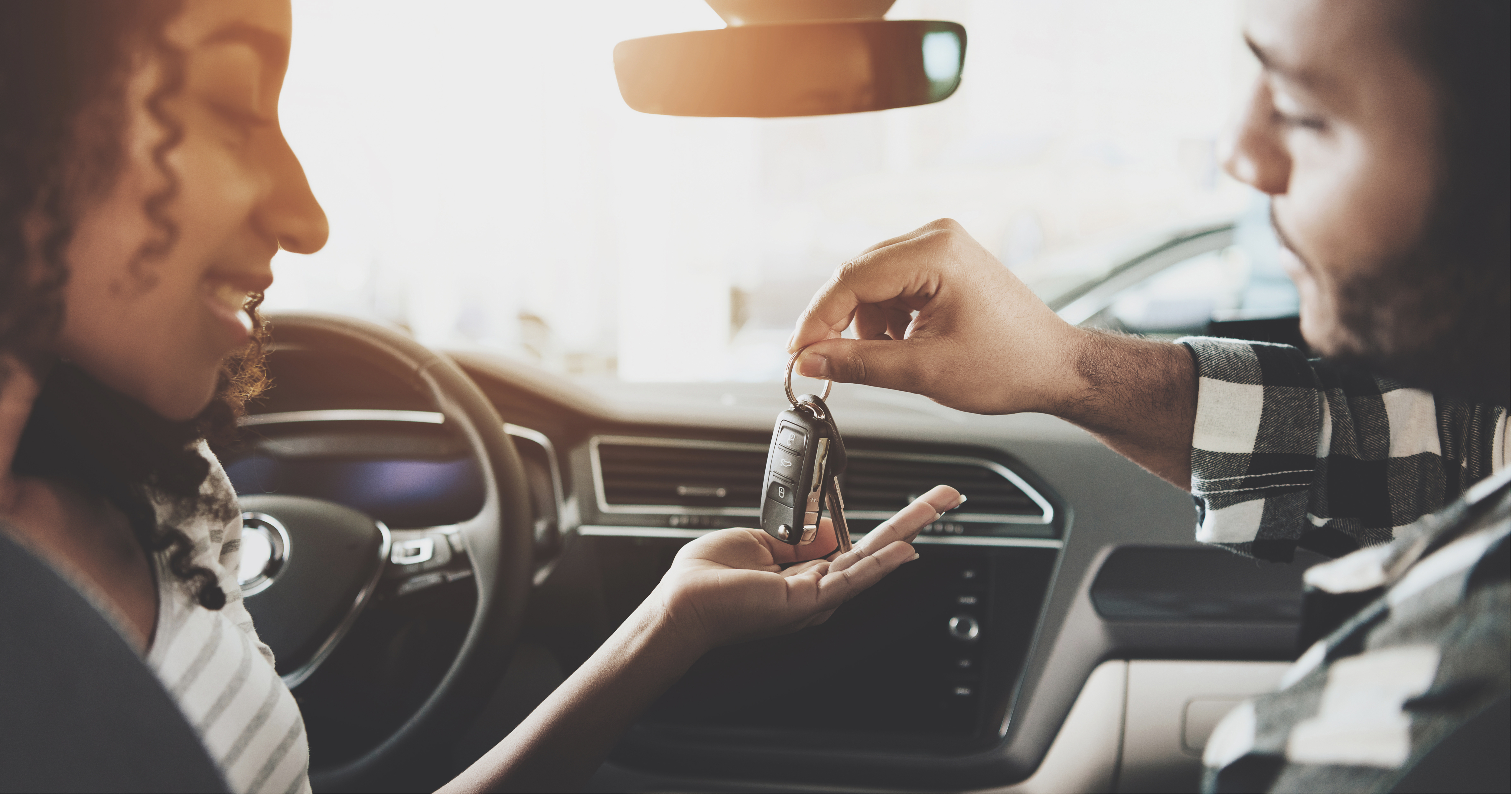 National Teen Driver Safety Week puts the spotlight on safe teen driving behavior
National Teen Driver Safety Week puts the spotlight on safe teen driving behavior
By Beverly Hopps, WNC Safe Kids
Motor vehicle crashes remain the leading cause of death for American teens and are most often the result of inexperienced teen drivers taking risks like not buckling up, texting, driving with teen passengers, speeding, driving under the influence or driving in the dark. More than 2,000 teen drivers are involved in fatal motor vehicle crashes every year, most of which are caused by inexperience on the road. Time and again, we hear stories about teens whose inexperience, when combined with unnecessary risk-taking – like not wearing a seat belt – results in tragedy.
Teen Driver Safety Week should serve as an important reminder to parents to talk to their teens about the necessity of buckling up and keeping the phone down on every ride, and to make sure you are following the rules, too. WNC Safe Kids at Mission Children’s Hospital urges teens and their families to discuss smart strategies for staying safe behind the wheel.
WNC Safe Kids recommends the following top driving safety tips for teen drivers:
1. Talk to your teens about how to be safe while driving. Remind teens to follow traffic signals and laws, make eye contact with pedestrians, and carefully enter and exit driveways and alleys slowly.
2. Make a formal agreement with your teen – and enforce it. A 2016 research report by Safe Kids Worldwide showed that formal parent-teen agreements regarding driving restrictions help reduce risky driving, traffic violations and crashes.
3. Let your actions speak as loud as your words. Kids are always watching, even when you think they’re not. Set a good example when kids and teens are in the car. If you buckle up, they are more likely to buckle up; if you speed, they will speed.
4. Ensure your new teen driver gets at least 50 hours of experience under a variety of driving conditions. Having more experience behind the wheel helps new drivers manage situations that can increase the likelihood of crashes for young drivers like driving in the dark and driving with other teen passengers in the car.
5. Take action against distraction. Teach teen drivers to put cellphones and other distractions in the back seat or out of sight until their final destination.
6. Be alert around neighborhoods and schools. When driving, be especially alert in residential neighborhoods and school zones. Be on the lookout for bikers, walkers or runners who may be distracted or may step into the street unexpectedly.
7. Watch out for pedestrians. Give pedestrians the right of way and look both ways when making a turn to help spot any bikers, walkers or runners who may not be immediately visible.
Beverly Hopps is a safety coordinator for WNC Safe Kids, which works to prevent unintentional childhood injury, the No. 1 cause of death for children in the United States.
The Safe Kids Buckle Up program is a national initiative established 19 years ago by Safe Kids Worldwide and GM to keep children, teens and families safe in and around cars. GM’s long-term commitment to educating families has helped the child safety program evolve into one of the most comprehensive in the nation, and covers children from birth to the time they become drivers.
